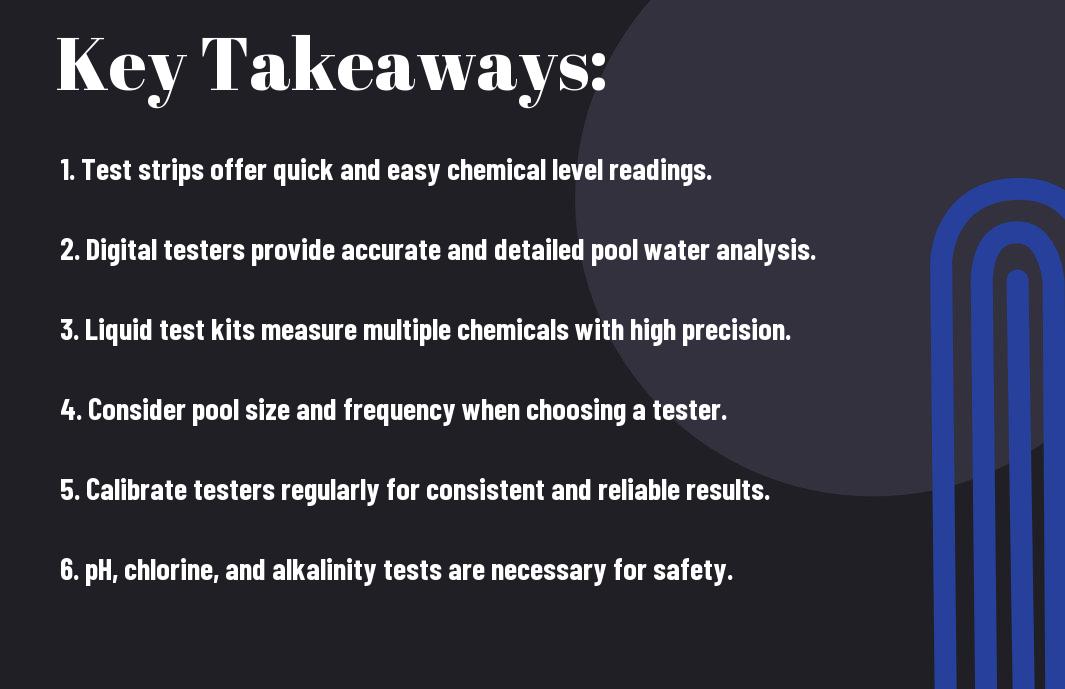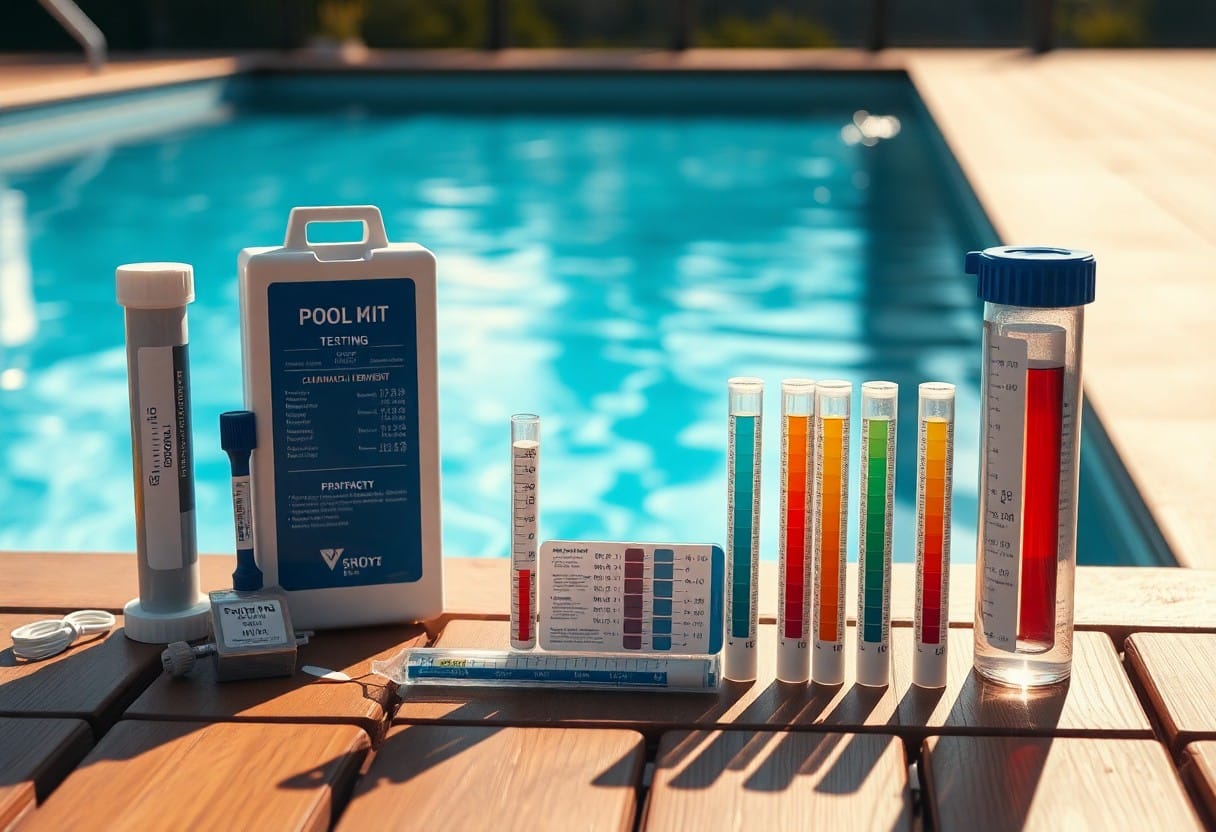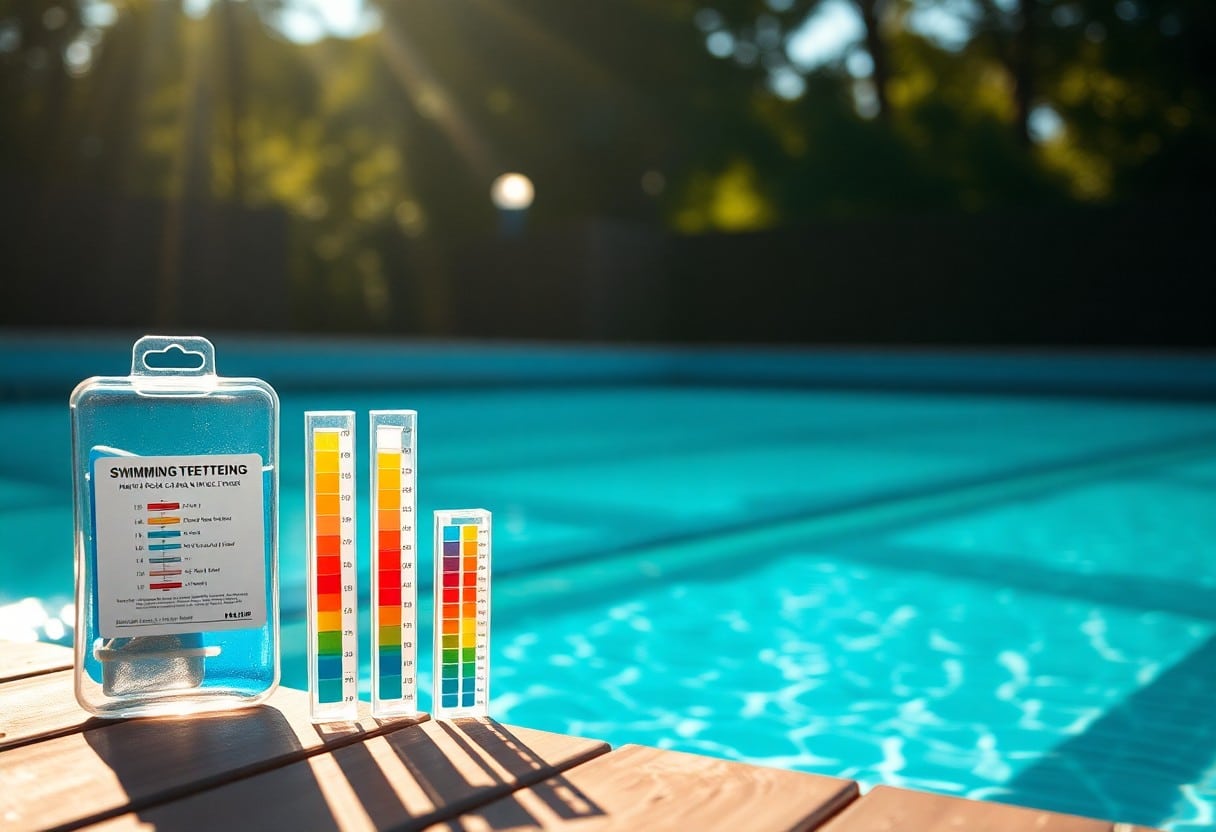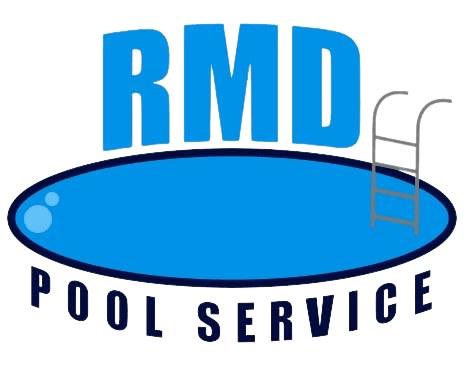Just because you own a pool doesn’t mean maintaining chemical balance has to be overwhelming. Knowing which tester is best for your pool chemicals can simplify the process and ensure a safe swimming experience. This post will guide you through the various options available, helping you choose the most effective tester that meets your needs. With informed decisions, you’ll enjoy a pristine pool while safeguarding your investment and health.
Decoding the Importance of Pool Chemical Testing
Testing your pool’s chemicals is not just a seasonal chore; it is fundamental for safe swimming conditions and optimal performance. Regular testing ensures that the pH, chlorine levels, alkalinity, and other chemical balances are within recommended ranges. By monitoring these parameters, you not only protect the swimmers from potential health risks but also prevent equipment damage, cloudy water, and algae growth, keeping your swimming experience enjoyable and crystal clear.
The Role of Chemical Balance in Pool Maintenance
A well-balanced pool chemically translates to healthy water. Maintaining correct pH levels (ideally between 7.2 and 7.8) helps prevent skin irritation and promotes effective chlorine disinfection. Alkalinity acts as a buffer against pH fluctuations, while calcium hardness protects pool surfaces and equipment. Each chemical plays a specific role in creating a safe and pleasant swimming environment, leading to optimal water clarity and sanitation.
Consequences of Neglecting Proper Testing
Overlooking regular pool chemical testing can lead to a cascade of problems, ranging from minor irritations to severe structural damage. Ignoring gaps in chemical balance can cause irritation for swimmers, promote algae growth, and ultimately lead to expensive repairs or water replacement due to the deterioration of equipment and surfaces.
Without proper testing, you risk allowing chlorine levels to drop too low, which can lead to unsanitary swimming conditions and increased waterborne illnesses. High chemical concentrations can bleach swimsuits or cause corrosion in pool fixtures. The ideal scenario involves staying proactive with testing to avoid costly clean-ups and repairs, ensuring that your pool remains a safe, enjoyable oasis rather than a headache.


Evaluating the Top Tools on the Market
As you explore the various tools available for testing pool chemicals, it’s necessary to weigh their features and effectiveness. Different testers serve different needs, so knowing what to look for can significantly streamline your pool maintenance routine. When comparing options, consider factors such as accuracy, ease of use, and the types of tests your pool requires. Keep in mind your pool’s specific chemical balance challenges to choose the best tester that aligns with your situation.
Comparing Test Kits: Colorimetric vs. Digital
| Colorimetric Kits | Utilize color changes to determine chemical levels. Often more affordable but can be subjective based on lighting and interpretation. |
| Digital Kits | Provide precise readings and eliminate human error. Generally more expensive but offer greater reliability for serious pool owners. |
Understanding Test Strips: Convenience vs. Accuracy
Test strips are celebrated for their convenience, allowing you to quickly assess chemical levels with minimal effort. However, the trade-off comes with a potential decrease in accuracy, especially with more complex pool chemistry. You might find yourself needing to confirm results with more reliable methods to ensure proper balancing, particularly if you manage a larger or more sensitive pool.
When weighing convenience against accuracy, consider your pool’s needs and your level of expertise. For quick checks before a spontaneous swim, test strips can suffice. However, for comprehensive management over time, such as detecting changes in water quality or during heavy weather conditions, investing in more reliable digital testers or colorimetric kits might be the smarter choice. Balancing quick readings with accurate assessments can help maintain optimal water conditions and enhance your overall pool experience.
The Science Behind Chemical Testing Accuracy
Understanding the science behind chemical testing accuracy can significantly impact your pool maintenance routine. Factors such as pH, temperature, and the presence of other chemicals can influence your readings. Advanced testers utilize photometric and titration methods to provide the most precise measurements, allowing you to adjust your chemical balances effectively. The training of testers on sample handling and measurement protocols also plays a vital role in ensuring that your pool water is not only safe but also enjoyable for swimmers.
Calibration and Precision: What You Should Know
Calibration is key to achieving accurate readings with chemical testers. Regularly calibrating your equipment, especially if using electronic testers, ensures that you’re getting reliable results. Usually, testers come with calibration solutions, which help in fine-tuning the device to account for variations. The objective here is to minimize the error margin and maintain peak performance, crucial for accurate chemical assessments in your pool.
Common Pitfalls in Pool Chemical Testing
Misinterpreting test results or improper use of testing equipment can lead to common pitfalls in pool chemical testing. For instance, incorrect sample sizes or not following the manufacturer’s instructions can yield misleading data. Environmental factors, such as sun exposure or debris in the sample, may lead to inaccurate readings. Be mindful of these aspects to ensure your testing process is reliable and effective.
To illustrate, if you use a colorimetric test kit but fail to compare your samples under consistent lighting conditions, your readings may vary significantly. Moreover, using outdated chemicals or neglecting to clean your testing equipment can introduce contaminants that skew results. A consistent protocol with attention to detail ensures your pool remains balanced and safe for swim time, avoiding the frustration of unexpected chemical adjustments or potential health hazards.
Budgeting for Quality: Investing in the Right Tester
Understanding the financial implications of purchasing a pool chemical tester can affect your choice significantly. While lower-priced options may seem attractive initially, reliable testers with accurate measurements often come at a higher price. By prioritizing quality over cost, you ensure consistent pool safety and maintenance, leading to healthier water conditions and potentially fewer chemical expenses over time.
The Cost-Benefit Analysis of Professional vs. DIY Testers
Investing in a professional-grade tester might require a higher upfront cost compared to DIY testers, but the long-term benefits can outweigh initial savings. DIY testers often lack precision and reliability, leading to incorrect measurements which could result in over or under-treating your pool. This scenario can incur additional expenses and negate the savings from choosing a cheaper option.
Long-Term Savings: How the Right Tool Can Pay Off
A quality pool chemical tester leads to significant long-term savings in maintenance and chemical costs. By ensuring you apply the right balance of chemicals accurately, you’ll avoid the pitfalls of over-treatment and unhealthy water conditions that could lead to costly repairs or even health hazards. Investing in an accurate tester means spending less on unnecessary chemicals and equipment replacements down the line.
Consider this: if your incorrect testing leads you to add excessive chlorine over time, not only do you face higher chemical costs, but it also increases wear and tear on your pool’s surfaces and filtration system, resulting in additional repair bills. Conversely, a reliable tester will give you consistent results, allowing you to maintain the water chemistry effectively. This proactive approach often translates into hundreds of dollars saved over the pool’s lifespan, proving that the right tool is more than an expense—it’s a wise investment.

Expert Recommendations: What Professionals Use
Professionals in the pool maintenance industry often favor advanced digital testers for their accuracy and efficiency. Brands like Taylor Technologies and LaMotte lead the pack due to their reputation for reliability and precise readings. Many experts opt for the Taylor K-2006 which allows for comprehensive testing of six parameters, ensuring balanced water chemistry. These professionals often emphasize that investing in high-quality equipment pays off in the long run, minimizing costly chemical imbalances and enhancing the swimming experience.
Insights from Industry Specialists on Tester Preferences
Industry specialists frequently recommend digital testers for their speed and ease of use. Many professionals appreciate models that offer Bluetooth connectivity, allowing for easy data tracking and analysis through mobile apps. This tech-savvy approach enables you to monitor water quality trends and make informed decisions on treatment schedules. The consensus indicates that the right tester can save time and labor, ultimately improving your pool maintenance efficiency.
Real-Life Testimonials: User Experiences with Top Brands
User experiences reveal a variety of perspectives on different brands of pool chemical testers. Many pool owners express satisfaction with their ease of use and the accuracy of readings. For instance, a user reviewing the LaMotte ColorQ Pro 7 Pool Test Kit praised its straightforward process and quick results, leading to consistent water balance. In contrast, some testers experienced challenges with calibration, emphasizing the need for a user-friendly design alongside reliability.
Users consistently highlight key features that enhance their experience with top brands, such as the LaMotte ColorQ Pro and the Taylor K-2006. A homeowner noticed significant time savings and fewer trips to the pool store after investing in a reliable tester, while a pool professional shared that using the digital models minimized errors that typically come with manual testing kits. The feedback emphasizes how these testers streamline the maintenance process, ultimately leading to healthier and more enjoyable pool environments.
To wrap up
With these considerations, finding the best tester for pool chemicals depends on your specific needs and preferences. You should evaluate your options between test strips, liquid test kits, and digital testers based on factors like ease of use, accuracy, and time efficiency. By assessing your pool maintenance routine and priorities, you can select the tester that aligns best with your lifestyle, ensuring your pool remains safe and balanced for enjoyment.
